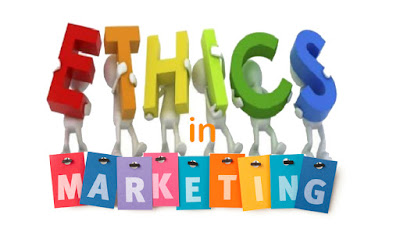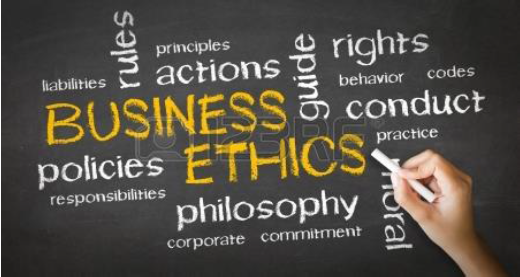Ethical and Unethical issues in marketing
Business ethics is one of the most complicated and contentious subjects in human history. The relationship between doing the right thing and making money has been studied by both academics and business leaders for years with little concesus reached. A survey by the Ethics Resource Center found that 43% of respondents believed their supervisors lacked ethical integrity. One overriding question surrounds many business practices: what is the ethical way to sell things?
Ethical marketing is less of a marketing strategy and more of a philosophy that informs all marketing efforts. It seeks to promote honesty, fairness, and responsibility in all advertising. Ethics is a notoriously difficult subject because everyone has subjective judgments about what is “right” and what is “wrong.” For this reason, ethical marketing is not a hard and fast list of rules, but a general set of guidelines to assist companies as they evaluate new marketing strategies.
priciples of ethical marketing:
- All marketing communications share the common standard of truth.
- Marketing professionals abide by the highest standard of personal ethics.
- Advertising is clearly distinguished from news and entertainment content.
- Marketers should be transparent about who they pay to endorse their products.
- Consumers should be treated fairly based on the nature of the product and the nature of the consumer (e.g. marketing to children).
- The privacy of the consumer should never be compromised.
- Marketers must comply with regulations and standards established by governmental and professional organizations.
- Ethics should be discussed openly and honestly during all marketing decisions.
Unethical Marketing Practices:
1. Misleading advertising.
Misleading ads are more than just unethical—they’re illegal. The Federal Trade Commission (FTC) regulates “truth in advertising,” mandating that businesses make accurate statements in their advertising campaigns and, when possible, back their claims with scientific evidence. However, it’s common for advertisers to exaggerate certain features and downplay others in order to make their products look as attractive as possible, so the line becomes somewhat blurry. The ethical line here is when your claims start to be unprovable; for example, tobacco cigarettes were originally advertised as “healthy.”
2. Black-hat link building.
Media exposure is almost always a good thing for businesses, and earning inbound links to your company website is the single best way to boost your organic search rankings. There are ethical ways to build links and increase mentions of your brand; the most common is to use guest posting opportunities to write high-quality content for your target audience that cites one of your brand’s pieces of original research. However, using black-hat link building techniques, such as by spamming people’s comment sections, forum threads, or even going as far as hacking websites to put a self-serving link somewhere in them screams of a lack of ethics.
3. Contacting people without consent.
Have you ever thought about buying a list of email addresses so you can bulk up your company’s subscriber list? You’re not the first one. Many businesses have used this tactic to contact people who they otherwise wouldn’t have known. Remember our friends at the FTC? They also enforce a law called the CAN-SPAM act, and under it, you’re legally allowed to email people without their consent—but for one time only. Even that single contact can start irritating people, making your uninvited communication do more harm than good for your brand image, so don’t push the limits here. You’re better off building your contact lists organically.




Comments
Post a Comment